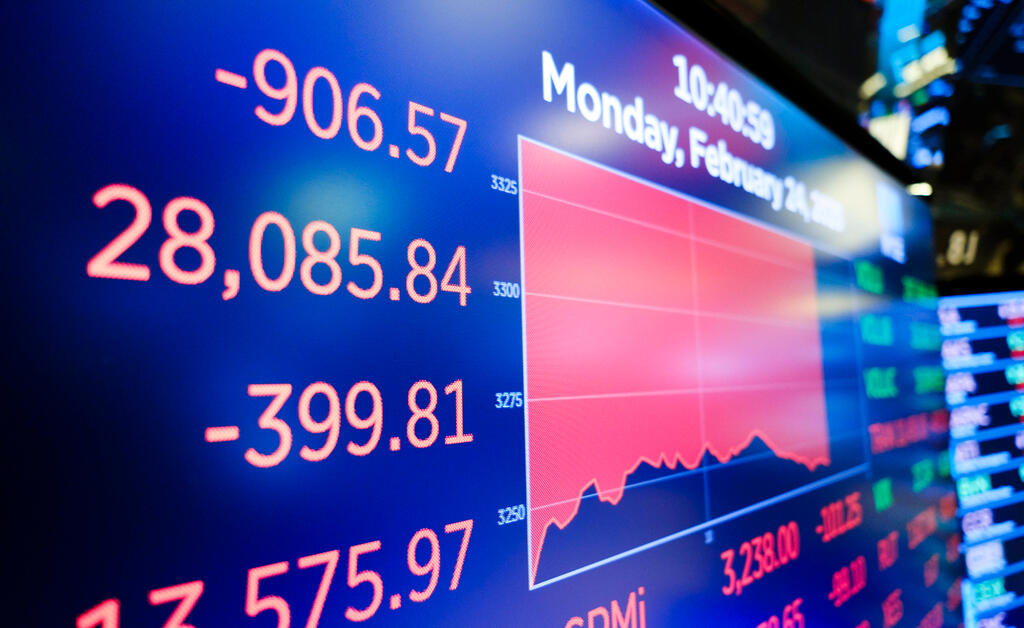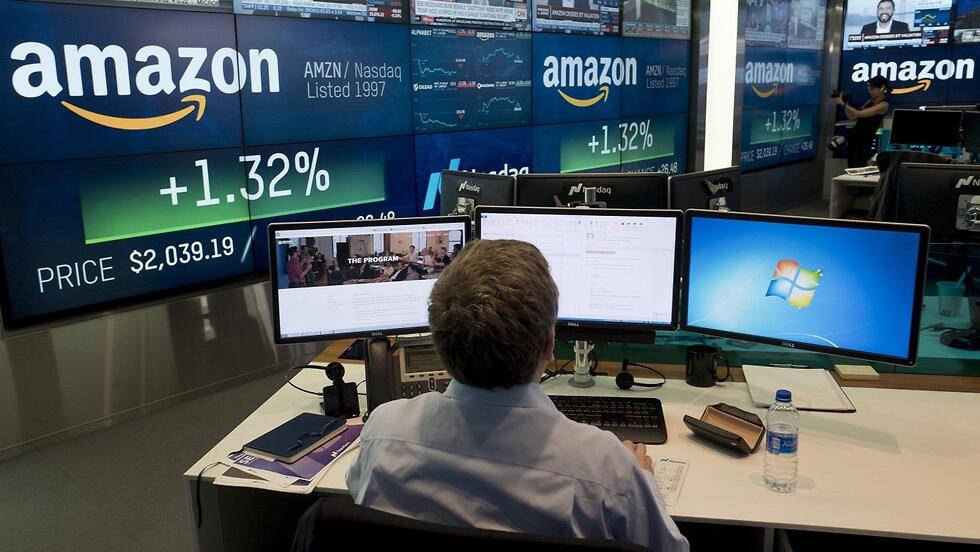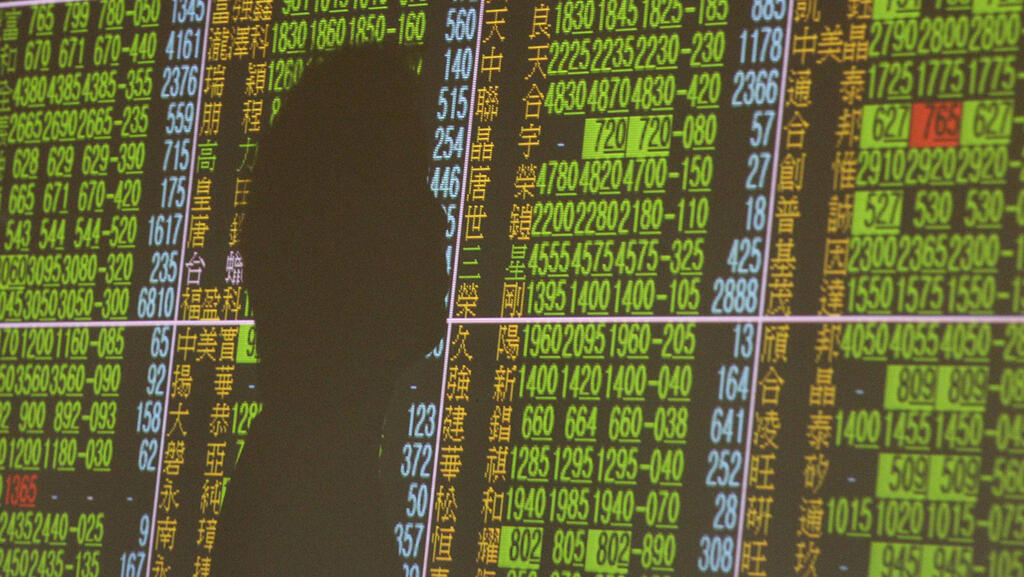Israel’s political instability at the beginning of 2023 and the ongoing war in Gaza have led the Israeli public to look for safer avenues for its investments as attested by stock market data at the conclusion of 2023: the public shifted investments to foreign stocks in an unprecedented volume.
More stories:
In 2022, industry fundraisers aimed at investing in foreign stocks through the Tel Aviv Stock Exchange totaled around NIS 675 million ($182 million). By 2023, this figure has surged to over NIS 17.6 billion ($4.75 billion), marking an increase of more than 2500% in investment volumes in foreign stock indices.
The actual numbers are likely much higher as some of the funds went directly into foreign investments rather than through financial bodies traded on the Tel Aviv Stock Exchange and were not taken into account.
Are foreign pastures truly greener?
According to data analyzed in the closing of 2023, out of a total of approximately NIS 200 billion ($54 billion) of passive fund assets, NIS 86 billion ($23 billion) are invested in foreign stocks, while NIS 53 billion ($14.3 billion) are invested in domestic stocks.
The returns gained by foreign exchanges compared to the Tel Aviv Stock Exchange’s downturn likely contributed to accelerating the trend: the popular S&P 500 index, which includes the 500 largest companies traded in the United States, achieved a return of about 24% in 2023 compared to a return of about 4% achieved by the Tel Aviv Stock Exchange flagship index, the Tel Aviv 35, which includes the 35 largest companies traded on the Israeli bourse.
What does 2024 hold?
For the first time, the passive investment industry has surpassed its active counterpart as investors increasingly stick to leading indices and do so through low-cost index funds. It’s estimated this trend will continue throughout 2024 due to ongoing geopolitical uncertainty and the lucrative returns of foreign indices in 2023.
But what’s the reason for the sudden popularity of passive investments? Economist Burton G. Malkiel from Princeton University demonstrates in his book "A Random Walk Down Wall Street" that over time it’s nearly impossible to outperform the market, so this understanding may be leading the public to further invest in it.
The S&P 500 index, attracting the bulk of investor funds, boasts an impressive track record. Over more than a century, this popular American index has delivered an average nominal return of approximately 10% and a real return of about 7%, establishing it as a cornerstone of passive investment strategies.
What does the Tel Aviv Stock Exchange say?
Tel Aviv Stock Exchange EVP Head of Trading, Indexes and Derivatives Yaniv Pagot explains the unusual data and provides an optimistic forecast for the Israeli market, which has seen poor returns.
"The accumulation gaps between Israeli stock indices and those registered in the U.S. in 2023 are a direct result of a catastrophic year that Israel experienced against the backdrop of protests against judicial overhaul that lasted three quarters and the war in Gaza that which changed our lives and transformed the geopolitical risk into an appetite for investment in Israel.
“It should be noted that even in the toughest year that Israel has faced, local indices showed stability, and investors chose to invest in the Tel Aviv 125 Index, which is expected to be part of every investment portfolio, large or small, in the coming years,” he added.
“Despite this, pricing on the local exchange, especially given the performance gaps between Israel and the U.S. last year, supports the long-term perspective of these performance gaps narrowing and stabilizing the differences between markets.
“The key to growth in Israeli indices accumulation lies in keeping Israel safe and managing the political agenda once it returns to the public conscience. In the short term, the S&P500 index will continue to be the major player in the industry alongside the NASDAQ index, which raised relatively low returns last year despite its excellent performance.” He explained.
“In the Israeli market, significant growth in bond indices investments can be assumed following expectation saying interest rates will reduce and the derivative potential for capital gains.”
- Peri Amsalem serves as the manager of the Bursa 360 platform and acts as a capital market advisor for both public and private companies. The information provided should not be interpreted as a recommendation for capital market activities or securities investments.
- Yedioth Communications Ltd., the Ynetnews website or Telegraph Software and Media Solutions Ltd. have no affiliation with the content in terms of conflicts of interest or special interest. This text does not constitute investment advice and/or a substitute for advice that takes into account the specific data and needs of each individual. The information in this overview should not be regarded as factual or an exhaustive compilation of all known information, and therefore, should not be relied upon as such.





